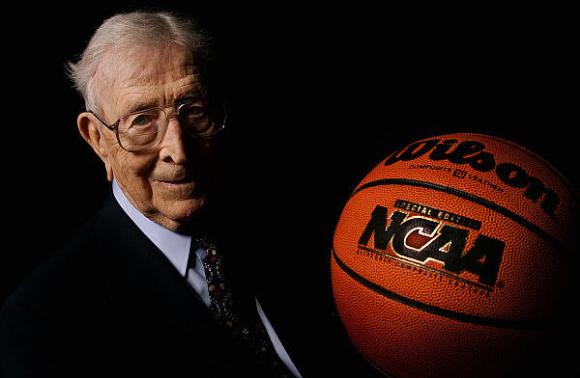WORD of the WEEK: TRANSFORMATION
It is fitting that my last blog post as a music therapy intern is about transformation. I have been reflecting on the growth I have made as a music therapy intern, and the growth I still need to make as a music therapist. To start, my brain has been trained to operate in many situations by creating goals first, and a couple of benchmarks for each goal. One of my main goals as a music therapist is to transform lives positively through music. In this process I am also transforming myself to meet the needs of others. As an intern I have been thrown into many new experiences, and once each experience is complete I am more transformative as a music therapist. Hypothetically, halfway through my internship, my benchmark goal was to be able to adapt effectively to 30 new environments. By the end of the 6 months, my final goal was to be able to adapt to 60 new environments. I was probably exposed to even more situations and environments that I don’t even realize. After internship I am planning on spending time thinking, growing, and reflecting on my transformation into the professional world!
Sayonara,
Hilary White





